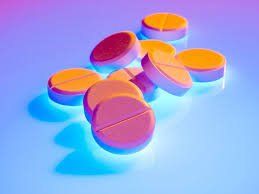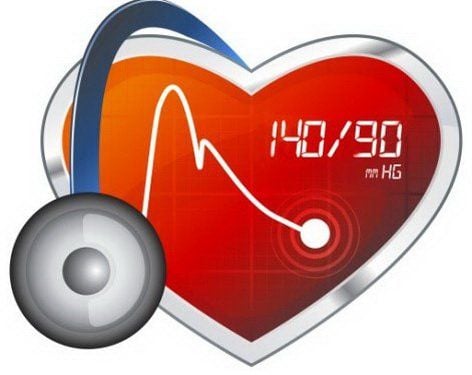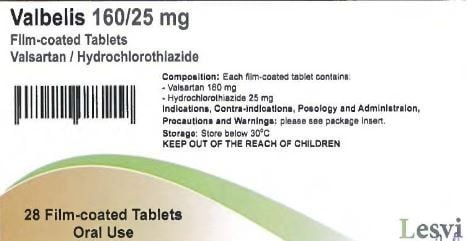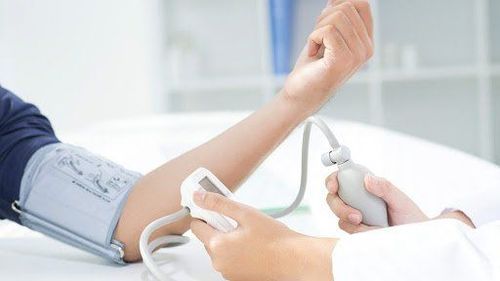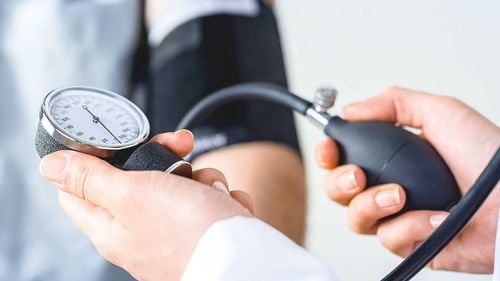This is an automatically translated article.
The article was consulted with Dr. Nguyen Van Duong - Interventional Cardiologist - Cardiovascular Center - Vinmec Central Park International General Hospital.1. What is low blood pressure?
Blood pressure is the force that pushes blood against the artery walls as the heart pumps blood. Low blood pressure is a cardiovascular disease, defined as blood pressure readings below 90/60 mmHg, in which, systolic blood pressure <90 mmHg or diastolic blood pressure <60 mmHg.Low blood pressure is divided into two types: physiological low blood pressure and pathological blood pressure.
Physiological blood pressure may be due to family factors, or living in high mountains. Pathological blood pressure: Due to a decline in the function of organs such as the heart, kidneys or a decrease in thyroid activity, because the body's autonomic nervous system cannot regulate itself.
Trắc nghiệm: Huyết áp của bạn có đang thực sự tốt?
Huyết áp cao hay thấp đều ảnh hưởng đến tình trạng sức khỏe con người. Để biết tình trạng huyết áp của bạn có thực sự tốt không, hãy làm bài trắc nghiệm sau đây để đánh giá.2. Signs of low blood pressure
Many people mistakenly believe that low blood pressure is not as dangerous as high blood pressure. But in fact, low blood pressure leaves serious symptoms and consequences such as:Feeling dizzy or dizzy : Occurs when changing position suddenly such as getting up after sitting for too long, or when you just woke up. At this time, the patient feels that everything is spinning in and out of control.
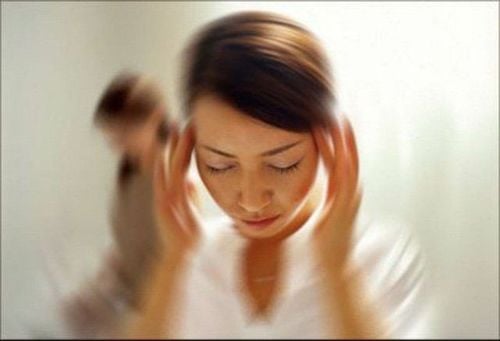
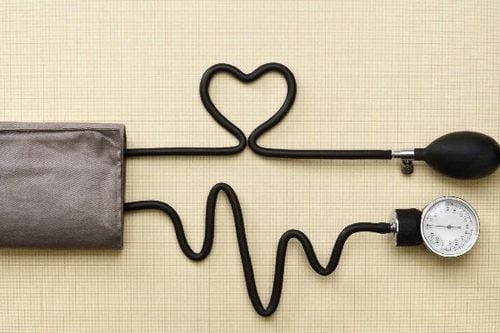
3. Subjects at risk for low blood pressure
People who are susceptible to low blood pressure such as:Pregnant women: During the first 24 weeks of pregnancy, systolic blood pressure usually decreases by 5-10 mmHg, and diastolic blood pressure drops sharply by 10-15 mmHg. However, this is completely normal for pregnant women because then blood pressure will return to normal after childbirth. People with heart problems: Some patients have cardiovascular disease that can lead to low blood pressure including bradycardia, heart valve problems, coronary artery disease and heart failure. These conditions can cause low blood pressure, by preventing the body from being able to adequately circulate blood. People with endocrine diseases: These are people who have an underactive thyroid, or an overactive thyroid, both of which can cause low blood pressure. In addition, some people have adrenal insufficiency (Addison's disease), low blood sugar (hypoglycemia), and, in some cases, diabetes, which can cause low blood pressure. People who are dehydrated: When the body is dehydrated, it can lead to weakness, dizziness and fatigue. Fever, vomiting, severe diarrhea, overuse of diuretics, and strenuous exercise can all lead to dehydration. People with blood loss: Blood loss due to the effects of a major wound or internal bleeding reduces the amount of blood in the body, leading to a severe drop in blood pressure. People with severe infections: Infections in the body can lead to sepsis if the infection enters the bloodstream, which can be life-threatening, a drop in blood pressure known as septic shock.
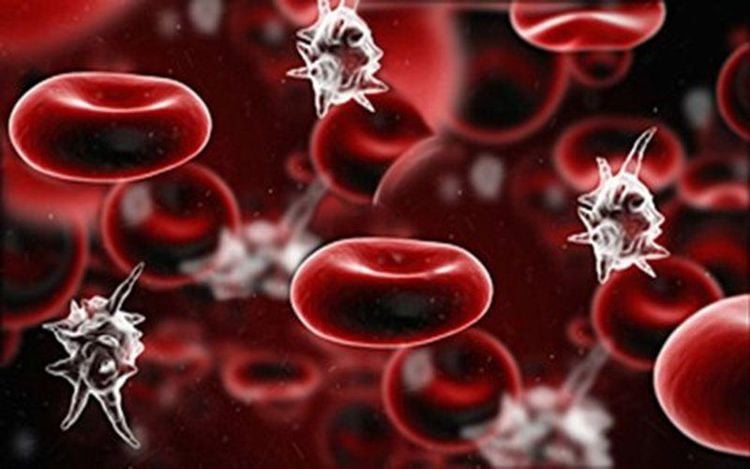
4. How to prevent low blood pressure
Diet:Should eat more salty than the average person. The amount of salt should be about 10-15g/day in people with low blood pressure. Eat plenty of nutrients. Especially for thin people, it is advisable to eat enough nutrients to maintain a stable weight. Add protein such as meat and fish in each meal. Increase the intake of eggs, soybeans and vegetables to supplement vitamins, fiber and minerals. Eat small meals for easy digestion. Drink water that has the effect of raising blood pressure such as ginseng tea, ginger tea, solid tea, coffee. Do not use diuretic foods such as: corn silk, vegetables, watermelon, pumpkin, ...

Live in moderation, get enough sleep about 7-8 hours a day. People with low blood pressure are often dizzy and dizzy when changing positions, so when you sit up, you have to slowly. When you sleep, you should keep your head low and your feet high. Patients should also stay optimistic, cheerful and especially calm. Avoid strong emotions such as anxiety, fear, depression, which can further lower blood pressure. Regarding the exercise regimen, the patient should exercise regularly, every day should exercise at least 10-15 minutes. You can start from light subjects like walking, badminton, table tennis, then heavier ones like swimming, running, swimming, athletics, tennis, weightlifting,... Should avoid subjects that cause dizziness such as acrobatics, swing,... Regularly monitor your blood pressure by using a home blood pressure monitor or going to medical centers to check and take measures and timely treatment direction. In short, low blood pressure is a disease that can have extremely dangerous consequences. People with low blood pressure often feel dizzy, have headaches, blurred vision, etc. Therefore, when seeing the above symptoms, it is necessary to immediately go to a medical facility for examination and timely intervention measures. Times
Vinmec International General Hospital with a system of modern facilities, medical equipment and a team of experts and doctors with many years of experience in the examination and treatment of neurological diseases, patients completely You can rest assured that you will be examined and treated at the Hospital.
Please dial HOTLINE for more information or register for an appointment HERE. Download MyVinmec app to make appointments faster and to manage your bookings easily.





